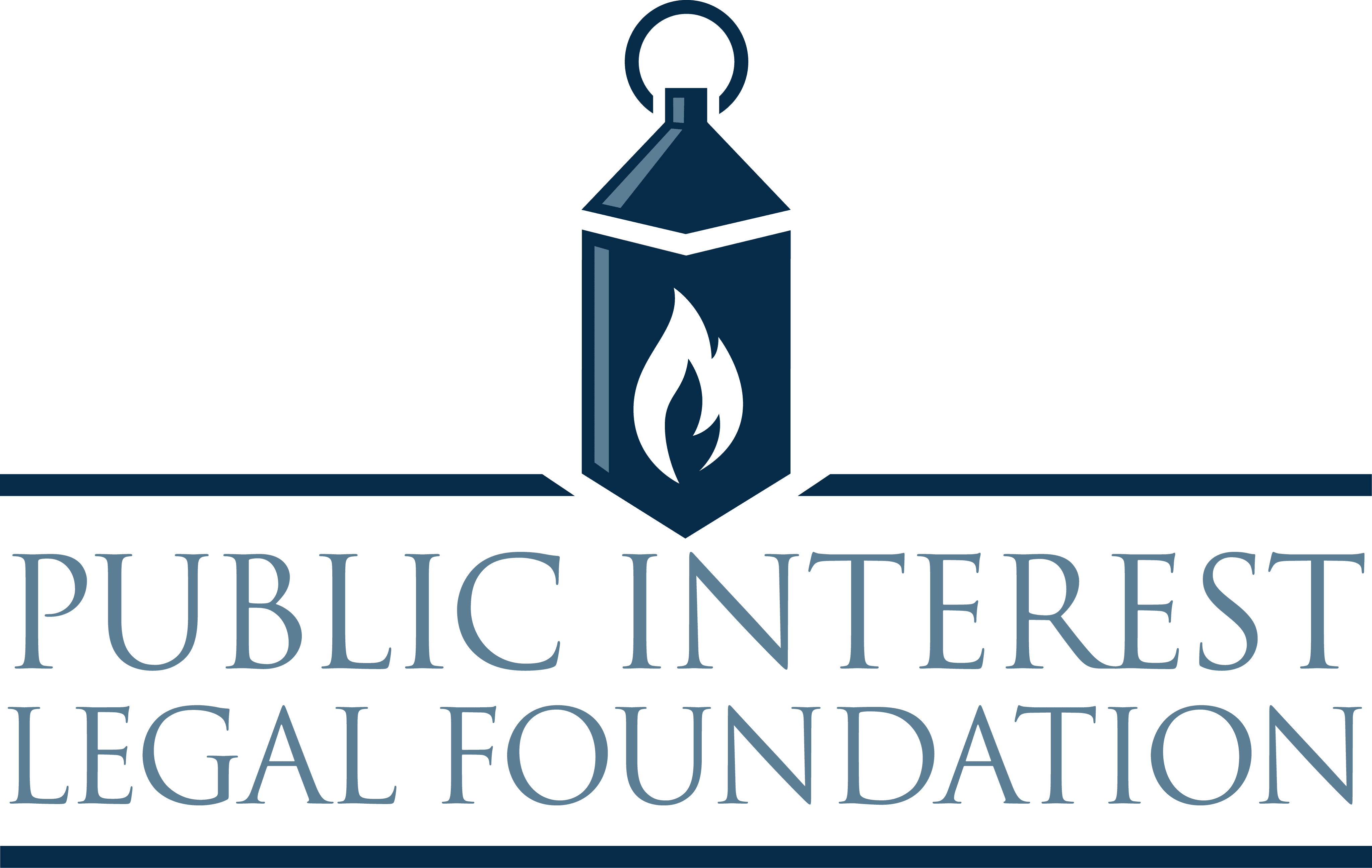New Amicus Brief & Notice Letter Outlines Potentially Dead, Duplicate Registrants
(LYNCHBURG, VA.) – April 28, 2020: The Public Interest Legal Foundation (PILF) filed a tandem request with the Landmark Legal Foundation to file an amicus brief in the ongoing lawsuit to drop Virginia’s requirement for witness signatures on mail ballot materials as a matter of emergency amid the Coronavirus pandemic (League of Women Voters of Virginia v. Virginia State Board of Elections).
The brief outlines flaws in the full Virginia voter registration roll, potentially deceased registrants in particular, as the Commonwealth faces legal demands to remove witness signature requirements on mail ballot materials.
Virginia’s witness requirement is a longstanding measure designed to protect registrants whose ballots might fall into unintended hands. PILF document’s in the brief how the Commonwealth is apparently falling behind in removing deceased registrants. Our election systems will be taxed enough under this pandemic—the plaintiffs are simply using the crisis to further weaken election security standards.
Virginia Voter Roll Audit Quick Facts
— # of Potentially Dead Registrants: 11,600
— # of Registrations Potentially Showing Commercial Addresses: 1,772
— # of Registrants Apparently Duplicated Across State Lines with Apparent Voter Credits in 2018 Election: 592
The brief also outlines several legal issues which should reasonably maintain the existing witness requirement for mail ballots, namely that it does not create an unconstitutional burden.
The brief attaches a separate notice of violation to the Virginia Department of Elections for failing to maintain the list pursuant to the National Voter Registration Act of 1993.
The Foundation ultimately sampled all active registrants, finding more than 11,600 potentially listed as dead according to the Social Security Death Index, typically with corresponding published obituaries.
The Foundation also studied and catalogued examples of single registrants who managed to become registered to vote multiple times in Virginia and another state with apparently overlapping voter credits in 2018. The Foundation flagged a sample of 592 registration files for interstate duplicate concerns.
The Foundation also flagged another 1,772 registrants who apparently claimed potential commercial addresses as residential ones.
PILF previously wrote to the Virginia Department of Elections to exercise caution against dropping the witness requirement at the urging of the ACLU-Virginia.
The Public Interest Legal Foundation is leading the nation in enforcing election integrity laws and the National Voter Registration Act, having brought cases in North Carolina, Pennsylvania, Michigan, Maryland, Florida, Mississippi, and Maine and filed amicus briefs in litigation across the nation.
The Public Interest Legal Foundation devoted significant resources into developing real data tools that find problems with election administration and works cooperatively with officials to fix findings. PILF currently has six active lawsuits in North Carolina, Pennsylvania, Michigan, Maryland, and Maine and just recently settled a case in Houston, Texas.
The litigation continues in the United States District Court for the Western District of Virginia. The case number is 6:20-cv-00024. The attorneys for the Public Interest Legal Foundation are J. Christian Adams and Noel Johnson. Louisa-based Graven W. Craig of CraigWilliams, PLC serves as local counsel. Michael J. O’Neill and Matthew C. Forys are attorneys for the Landmark Legal Foundation.
Public Interest Legal Foundation (PILF) is a 501(c)(3) public interest law firm dedicated to election integrity. The Foundation exists to assist states and others to aid the cause of election integrity and fight against lawlessness in American elections. Drawing on numerous experts in the field, PILF seeks to protect the right to vote and preserve the Constitutional framework of American elections.
###

